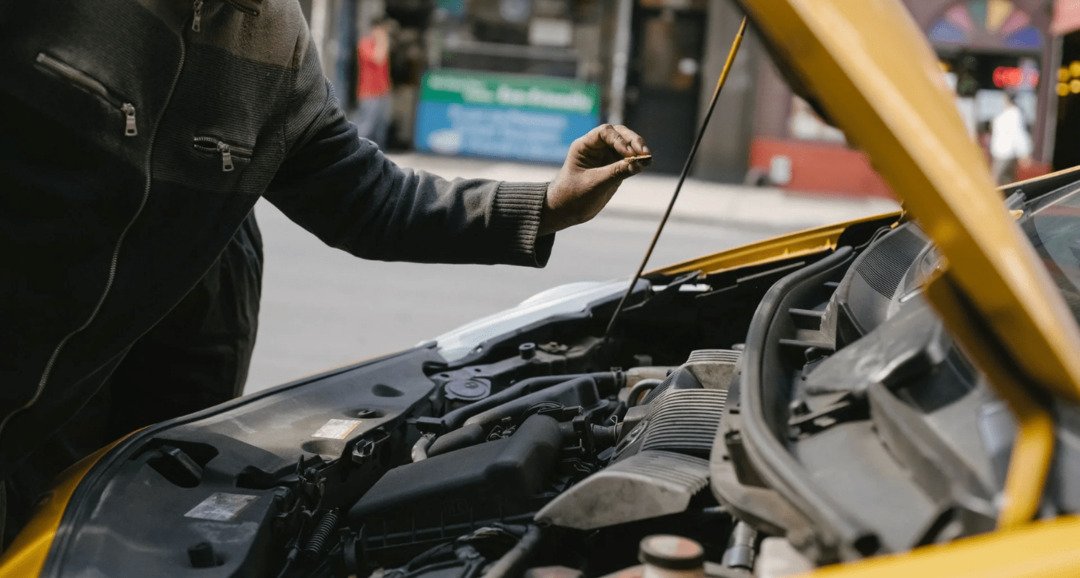An automobile inspection is essential for verifying that your car is safe enough to be out on the road. In most states, an annual safety inspection is required before you can get new license plates for your car.
Do you want to avoid the hassle of failing your emissions test multiple times? If so, we’ll explain what the mechanics look for during a state auto inspection and provide tips on how you can pass the first time.
Read on to learn more.
How Long Does a Car Inspection Take?
When a mechanic performs an automobile inspection on your vehicle, there are a few key things that they're looking for. They'll check your exhaust pipe and parts of the car that are key to standard functionality.
There are multiple areas that are checked, but the emission test only takes about 15 minutes. In many states, getting vehicle inspections is really easy. All you have to do is sit in your car while the technician looks around the car.
Speaking of a state automobile inspection, you may be asking yourself, “Can I get a car inspection in a different state”? Well, car inspection rules and regulations vary from state to state. In some regions, an emissions test isn't required at all.
Check out this link to the United States Environmental Protection Agency for a list of all of the states and their state auto inspection rules.
Automobile Inspection: The Technician Checklist
There are certain areas of a vehicle that a technician will check during a state auto inspection, including the following:
Brake Performance
Properly functioning brakes are essential to making sure that you and others on the road are safe. Faulty brakes can lead to serious accidents. Therefore, if the mechanic discovers that your brakes are worn or not functioning properly, then you won't pass your state automobile inspection.
If you've had issues with your brakes, get them checked ahead of time to avoid the hassle of failing the test. Keep in mind that the automobile inspection includes the emergency brake as well.
Leaking Fluids
When your car is leaking fluids it's hazardous to you, other drivers, and the environment. But even if your vehicle doesn't have any leaks, that doesn't necessarily mean that it'll pass the annual safety inspection.
The mechanic will review your car and its performance overall. For example, if the leaks are good, but there's an issue with the muffler, that could be grounds for failure.
Seat Belt
As you know, seat belts are a big deal when it comes to driver safety. The majority of states enforce strict seat belt laws to make sure that all drivers are wearing one. Therefore, during an automobile inspection, the technician will verify that the seat belts are working properly.
They’ll also check to see if the belts are in good condition and easily accessible. This part of the inspection includes the front seat and the back seat.
The Condition of Your Tires

In addition to your seatbelt, your tires are another huge component of whether or not you pass your state auto inspection. If the tread is worn down, that's an automatic fail.
Worn tires pose a huge safety risk. Bald tires can cause an accident or blow out while you're driving.
Not only that, but the mechanic will verify that you have a spare and check the condition of it.
It's also a good idea to make sure that all of your tires are the same size. If you have varying tire sizes, that could all be grounds for failure.
Windshield
While you're at the inspection station, the technician will check your windshield. They'll look for chips, cracks, and loose seals. All of those issues are safety hazards.
If you have a crack or chip on your windshield, consider getting it fixed before your automobile inspection. Some auto body shops offer no-cost chip repair, so call around to your local mechanic shops to see if you can get it fixed for free.
The Functionality of Your Lights
Your lights are essential to making sure that you're safe while you're driving at night. During your vehicle emissions test, a mechanic checks to make sure the high beams are working, as well as the emergency flashers and turning signals.
While you're in your car at the inspection station, the mechanic will ask you to press down on your brakes, so they can verify that your brake lights are operating properly.
Also, as they’re checking the lights on your dashboard, they'll also take that time to perform an odometer check and make sure that the odometer reading is correct and there hasn't been any odometer fraud.
Pass Your Automobile Inspection With Flying Colors
Nothing is worse than going to get an automobile inspection and failing the test. It takes a lot of time to go get multiple vehicle inspections—and it's costly. Each time you go to get a vehicle emissions test, you will have to pay another fee.
The best way to avoid this headache is to get a vehicle history report. Before you buy a car, it's essential to check the VIN number to make sure there aren’t any deep-rooted issues with the vehicle that can cause problems down the line.
You can check your VIN number by state through EpicVin. Our platform not only allows you to look up your vehicle’s VIN number, but run an odometer check as well.
If you have questions about our services feel free to contact us.
We look forward to assisting you!







